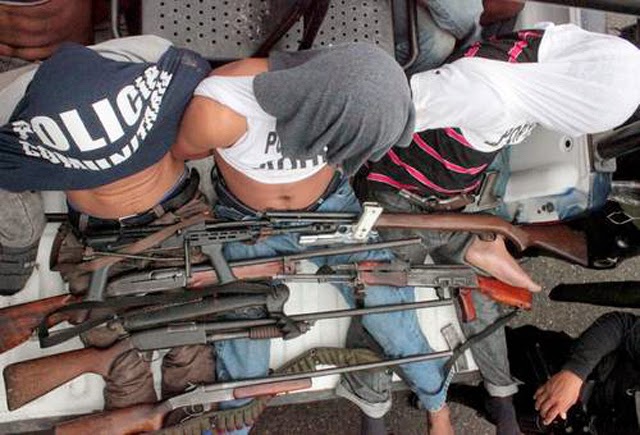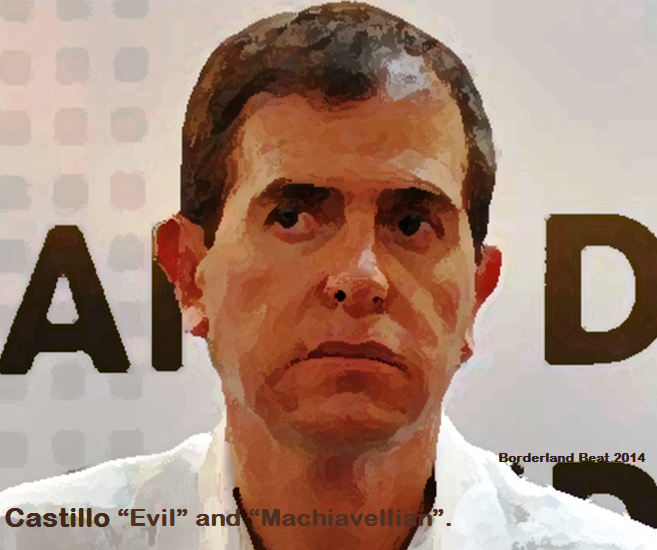| Online: | |
| Visits: | |
| Stories: |

| Story Views | |
| Now: | |
| Last Hour: | |
| Last 24 Hours: | |
| Total: | |
RULING: Aquilla Sel Defense Defended Themselves, Because State Failed their Duty
Borderland Beat from Aristegui Noticias Translated by Jane Brundage Mexico Voices
“they have pending legal procedures, allegations of kidnapping made by employees of territorial bosses for The Knights Templars; accusations that, so far, keep them detained at Mil Cumbres Prison in Morelia [capital of Michoacán].”
“we demonstrated that the three levels of government had not fulfilled their obligation.”
“had turned to government agencies, but these had paid no attention [to their requests].”
Rivero pointed out that the three “had chosen to violate that principle” (referring to the ban on carrying weapons restricted to Army use) given the fact that the right to life did not exist [in their community]. Rivero stated:
“It was essentially that ruling on the sociological issue that determined (dismissal of the legal process); there is no possibility that the legal process for weapons carrying might be reactivated.”
Leonel Rivero disclosed the existence of “the lawyers of Alfredo Castillo,” in reference to what the federal official has apparently mobilized to deal with the self-defense cases, without their having achieved their release up to now.
MV Note: On May 14, 2014, Rivero described this agreement:
“Despite the fact that the defense 'has complied with all parts of the agreement, on May 12 lawyers Jorge Espino, Antonio Pacheco and Juan Carlos Escobar interviewed Augustín, Ephraín and Vicente Villanueva in Mil Cumbres prison. The lawyers indicated to them that they were representing the Commissioner and that if they [defendants] revoked their lawyers and disowned the agreement that the [Aquila] community had made with the Commissioner and, in turn, signed the [self-defense] demobilization agreement, they would be released within 20 days'.” [Emphasis added]
Rivero adds:
“Lawyers who have ostensibly presented themselves as representatives of Castillo … told them that they guaranteed their freedom in 15 days; it is clear that they [lawyers] had government support because otherwise they would not have been able to enter a federal prison.
“They permitted me to meet with all those facing charges and offer them that proposal (to release them) [but] we were not able to meet with everyone; that requires the existence [of permission] of a higher authority.”
Although he succeeded in getting the dismissal of at least one of the charges faced by his clients (who remain in prison), Rivero rejected the notion that he would again take up the defense of the other cases.
Source: http://www.borderlandbeat.com/2014/07/ruling-aquilla-sel-defense-defended.html






